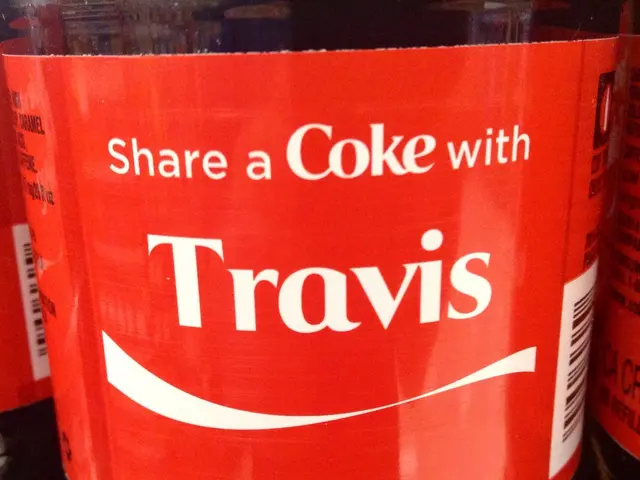Texas Courts Uphold Ballot Access Despite GOP Purity Tests
Texas courts have consistently ruled that party leadership cannot remove candidates from primary ballots based on purity tests. Some county GOP parties and donors have condemned such efforts as undemocratic and unlawful. The State Republican Executive Committee is currently debating whether to censure lawmakers over voting for an establishment-aligned speaker candidate.
In 1930, the Texas Supreme Court ruled that state political parties must place qualified candidates on the ballot, regardless of party loyalty. This ruling has been consistently upheld, including in 2023 when a law firm memo concluded that the party cannot bar members from the ballot after a censure due to potential violations of the Election Code and the First Amendment.
Last year, party rules were passed that could bar candidates from the Republican primary ballot for two years following a censure. However, some county GOP parties and donors have argued against this, claiming it's undemocratic and unlawful. In 2016, the Texas GOP approved new rules allowing local party leaders to censure elected officials for three violations of the party platform.
In 2023, House Republicans impeached Attorney General Ken Paxton and helped stymie Gov. Greg Abbott's push for a school voucher program. This year, the SREC adopted a resolution suggesting that voting for Rep. Dustin Burrows over Rep. David Cook would go against the party platform.
Despite recent attempts to enforce purity tests and censure lawmakers, Texas courts and the state's high court have repeatedly ruled that party leadership cannot remove candidates from the primary ballot based on loyalty or platform adherence. The ongoing debate within the Texas GOP highlights the tension between party unity and individual representation.
Read also:
- American teenagers taking up farming roles previously filled by immigrants, a concept revisited from 1965's labor market shift.
- Weekly affairs in the German Federal Parliament (Bundestag)
- Landslide claims seven lives, injures six individuals while they work to restore a water channel in the northern region of Pakistan
- Escalating conflict in Sudan has prompted the United Nations to announce a critical gender crisis, highlighting the disproportionate impact of the ongoing violence on women and girls.






